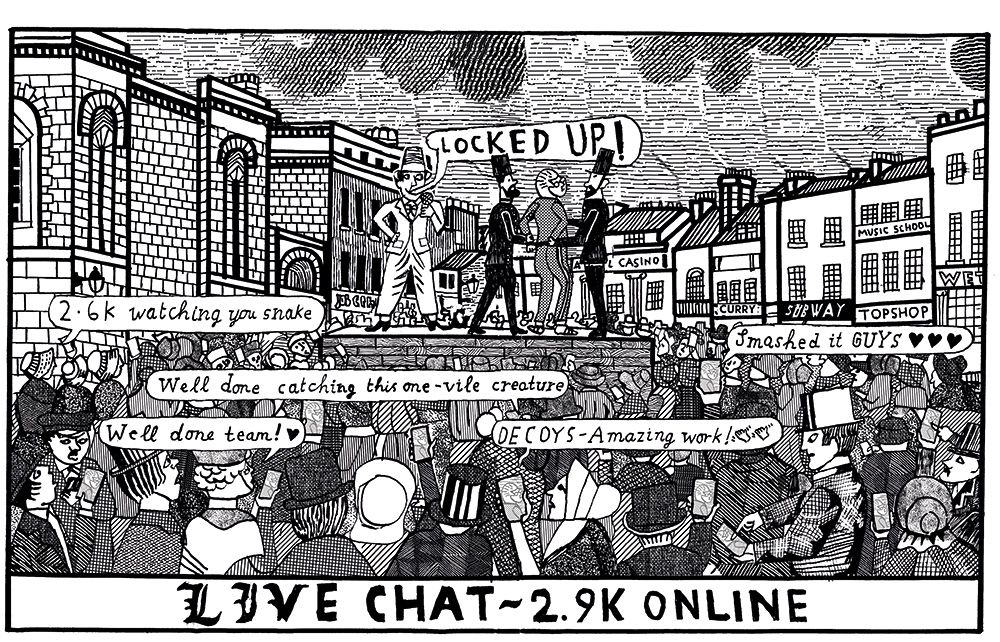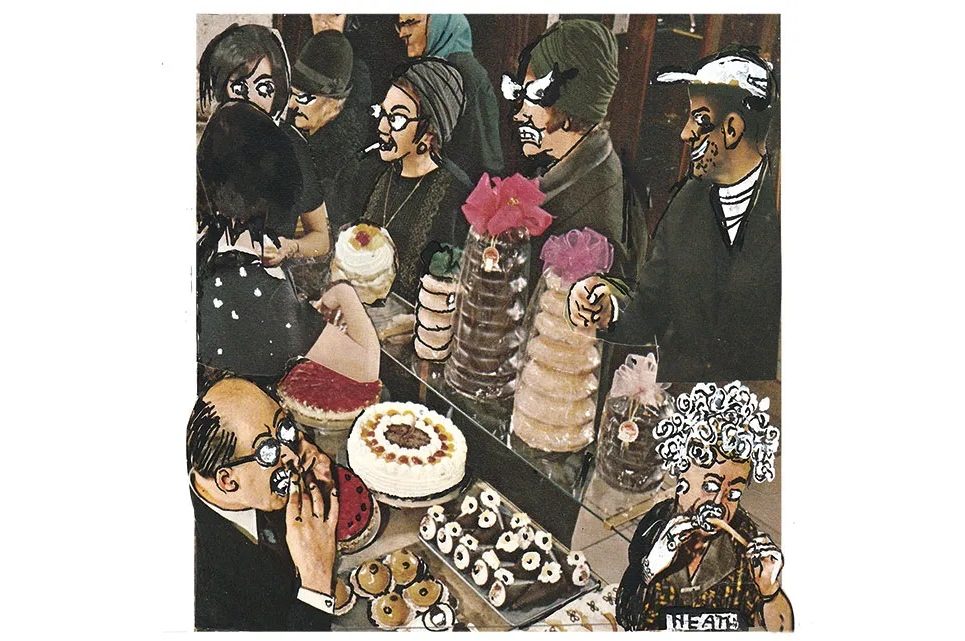“Very tasty,” said my husband. “Very sweet.” In a catchphrase from 1940 that must surely predate even his long tale of years, he had found an echo for one that has in recent days attracted millions on TikTok. The difference is that today it is called a meme.
“You see how I do my make-up for work?” says Jools Lebron in a video. “Very demure. Very mindful.” It is funny, if it is funny, because the deadpan cosmetics tutorial is delivered by Jools Lebron, a great fat trans woman. The audience is addressed as “divas.” They are told: “I don’t come to work with a green-cut crease. I don’t look like a clown when I go to work.” I didn’t understand “green-cut crease,” but it’s to do with how eyeshadow is applied.
Jools Lebron is of Puerto Rican ethnicity and, in remarks on being “presentable” at work, uses words of some philological interest: “You see my shirt? Only a little chichi out, not my chocho.” In the Nahuatl language of Mexico, chichihualli signifies “breast,” and as chichi has found its way into American slang. Among meanings of chochois what Donald Trump would call a “pussy.” But beware, some people use chichi in the sense of chocho.
Some reaction to the viral TikTok clip takes demure as a word of rare obscurity. It has been around for some time. From signifying “serious of demeanor” in the fifteenth century (Malory used it of a knight), it soon acquired undertones of coy affectation. Thomas Gray’s “Ode on the Death of a Favorite Cat, Drowned in a Tub of Gold Fishes” (1748) says: “Demurest of the Tabby kind / The pensive Selima reclin’d.” My husband’s catchphrase from the war, “Very tasty. Very sweet,” came from Douglas Young, of the husband and wife radio comedy duo Kenway and Young. In the character of Mr. Grice he would pick up phrases in conversation as though they referred to food: “My husband’s car broke down and he had to be towed in the whole way.” “I like sausages done like that, the toad in the hole way.” Very tasty, very sweet, very demure.
This article was originally published in The Spectator’s UK magazine. Subscribe to the World edition here.

























